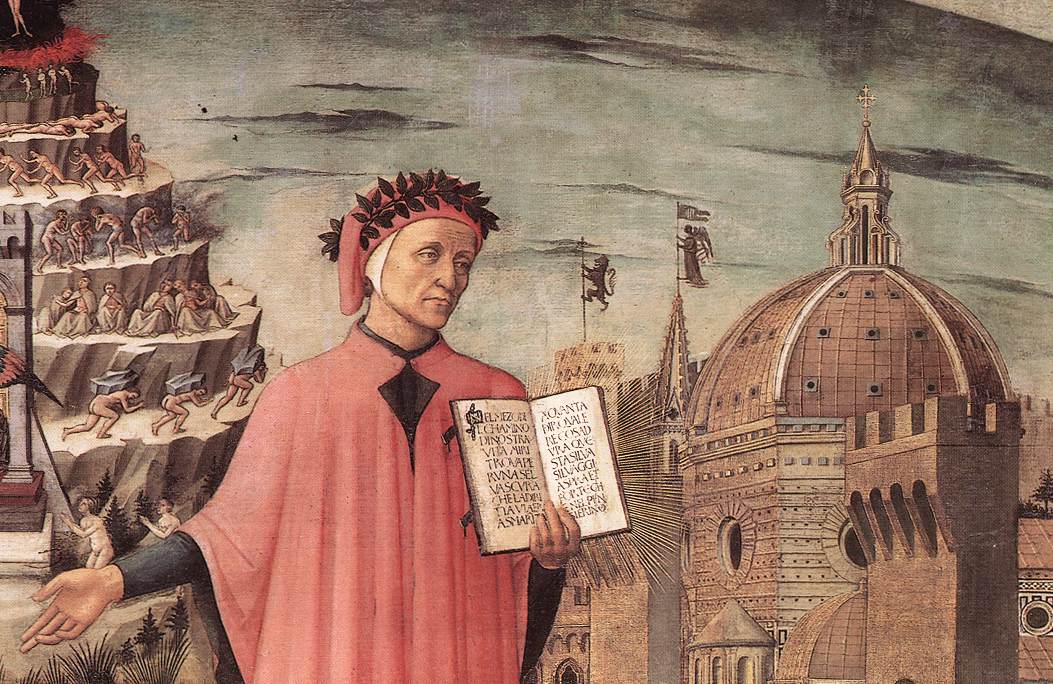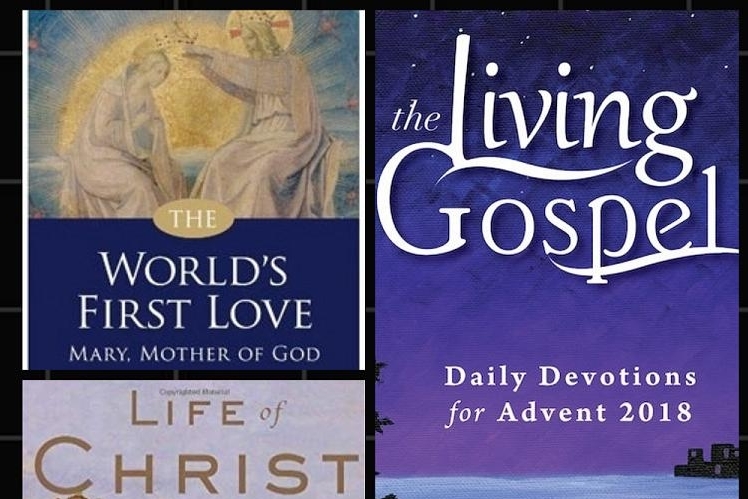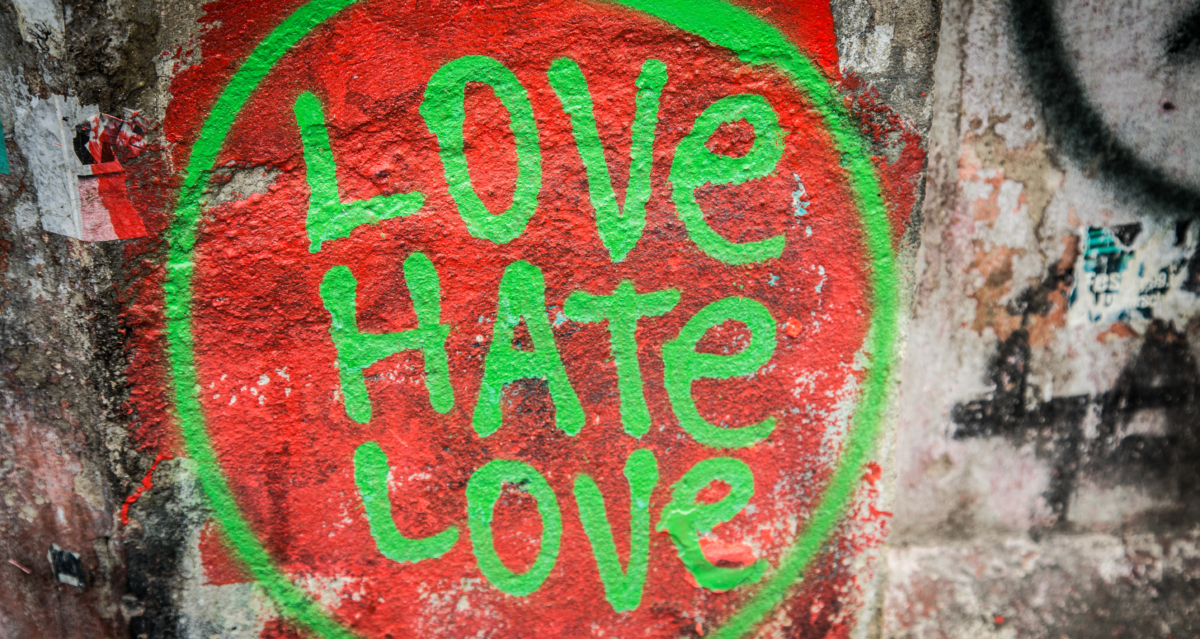Uncategorized
Thinking of walking away from Catholicism? Hang on…
My latest at Word on Fire: Recently a friend declared, “I need a break.” He and his wife could not be convinced to look beyond the institutional men and remain focused on Jesus. “Come for Jesus,” I invited them, “Come for Jesus and pray for the Church!” They politely demurred. Read more…



